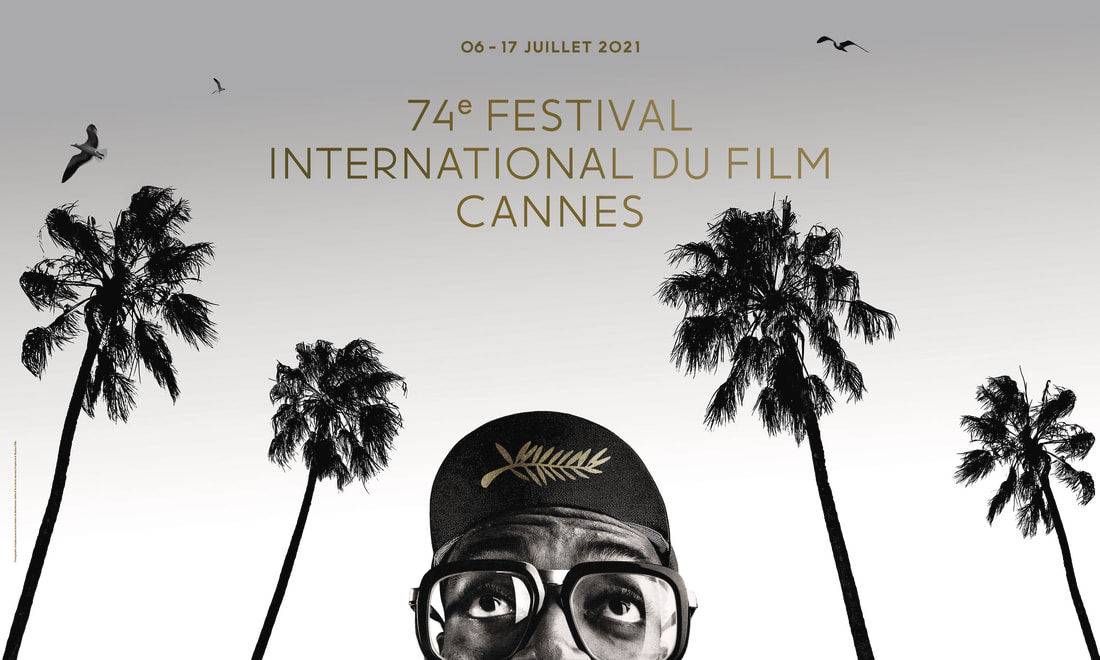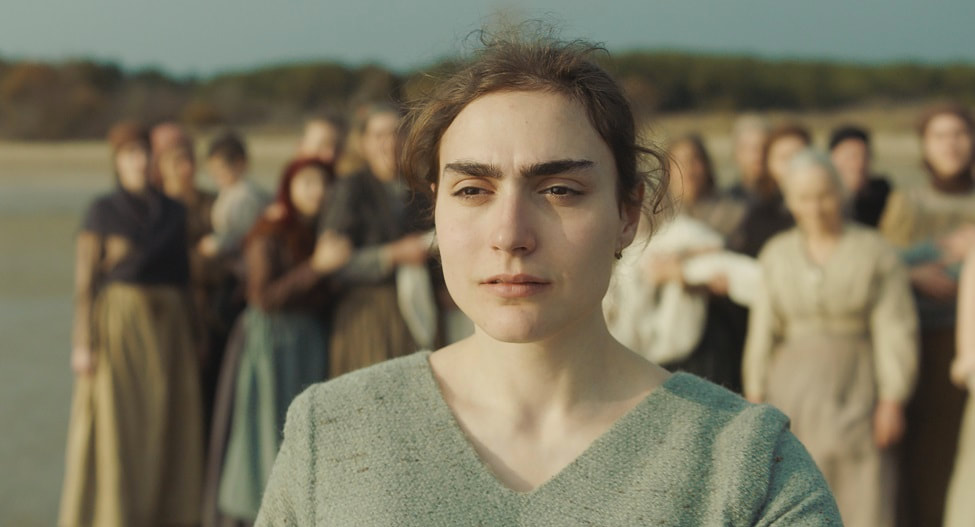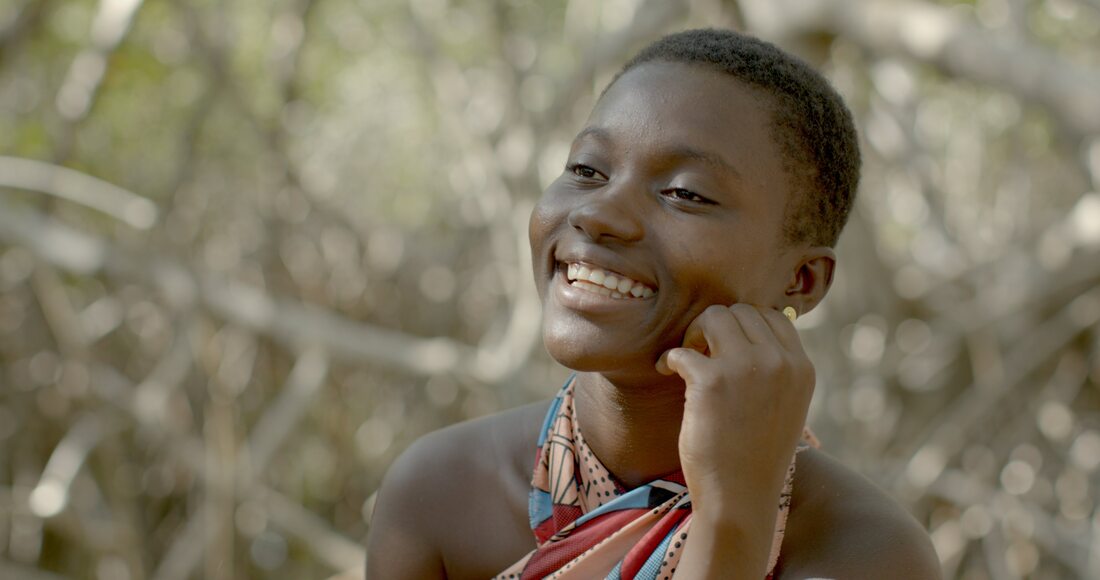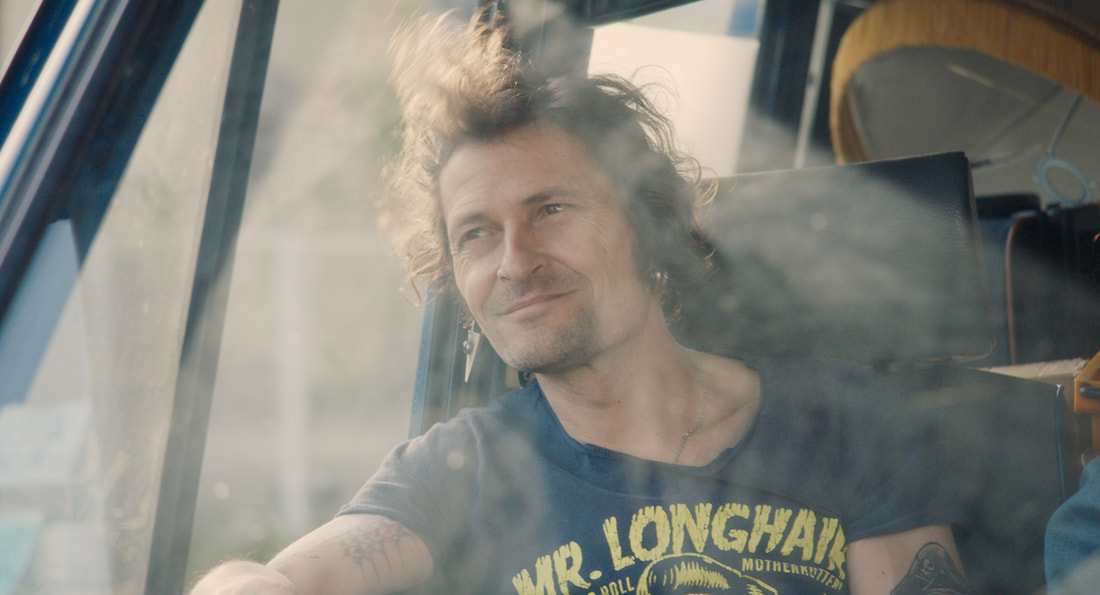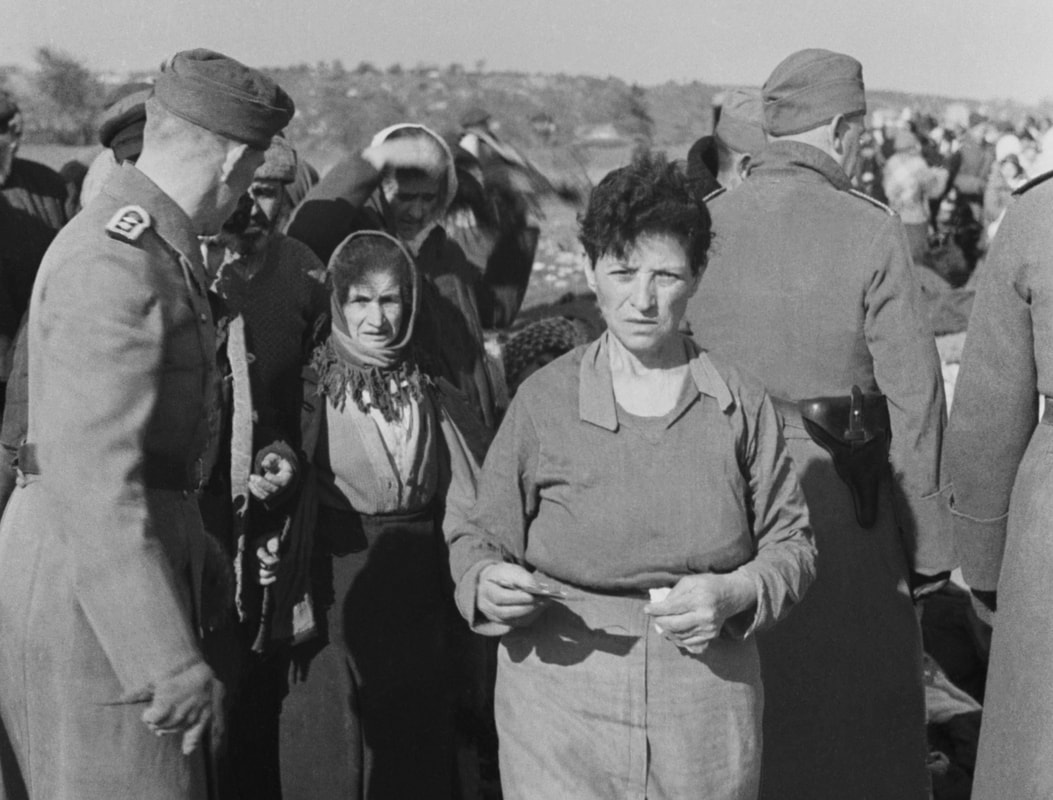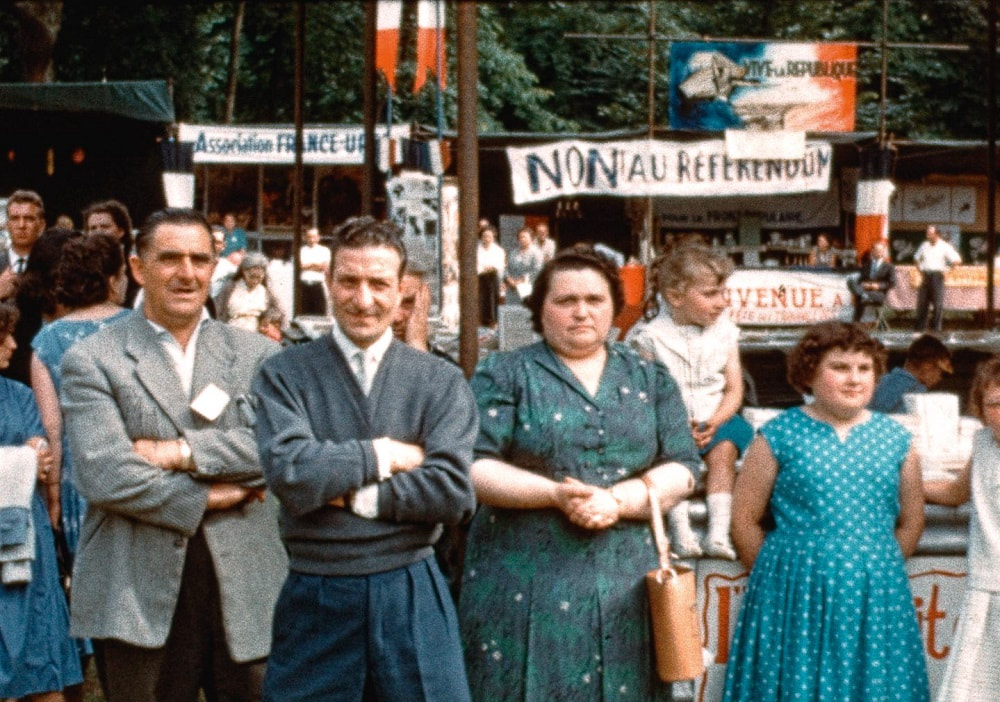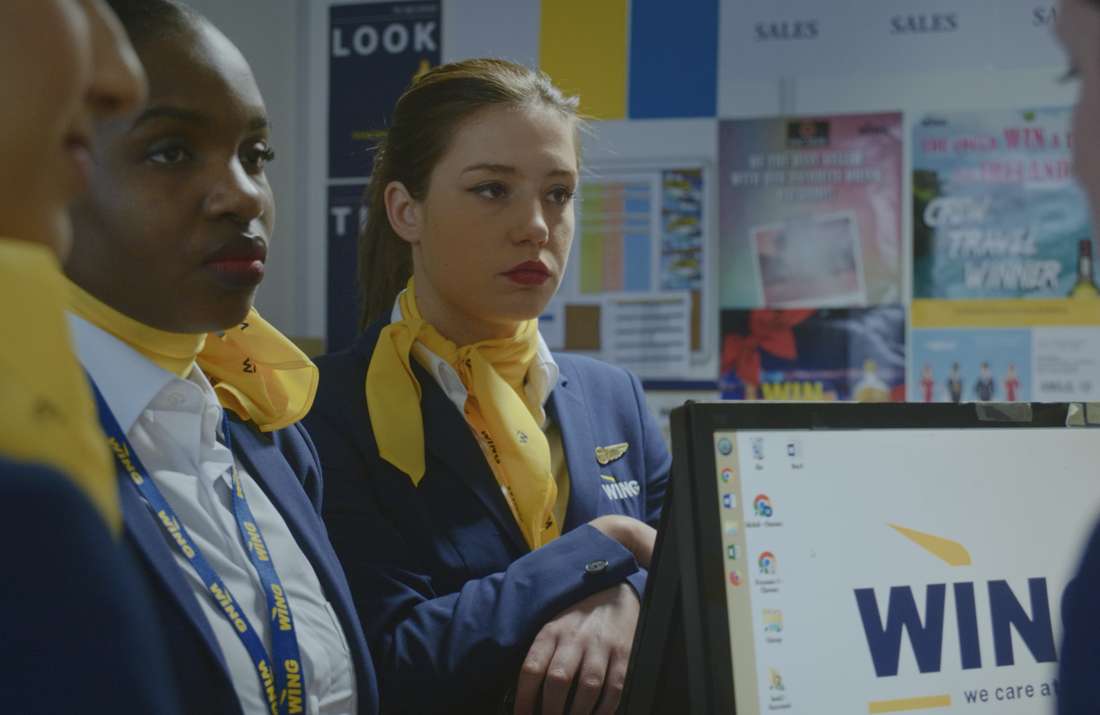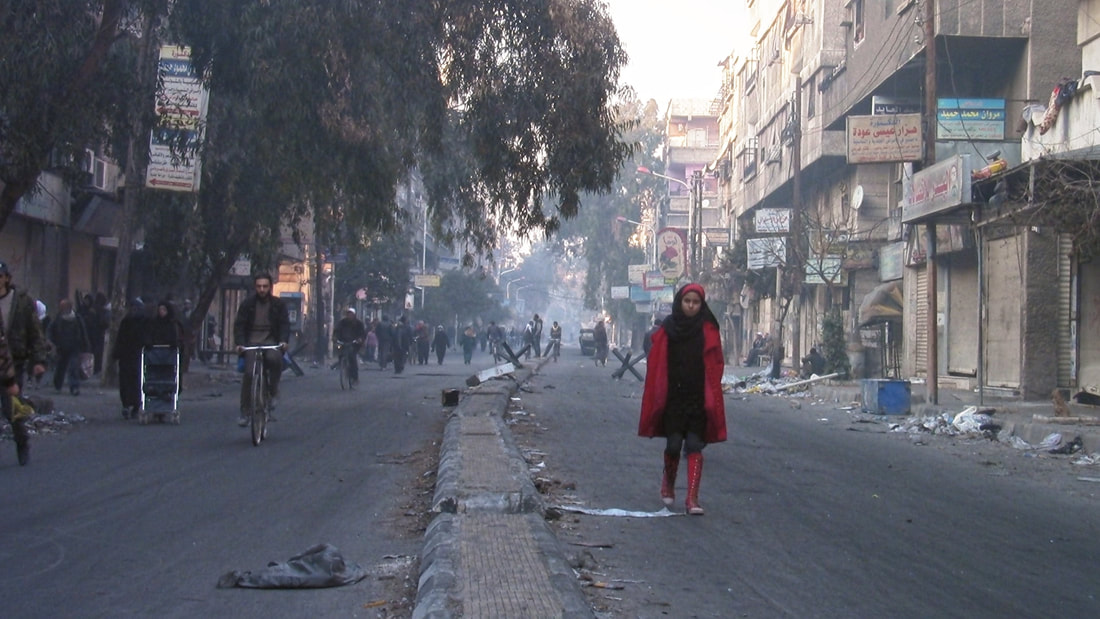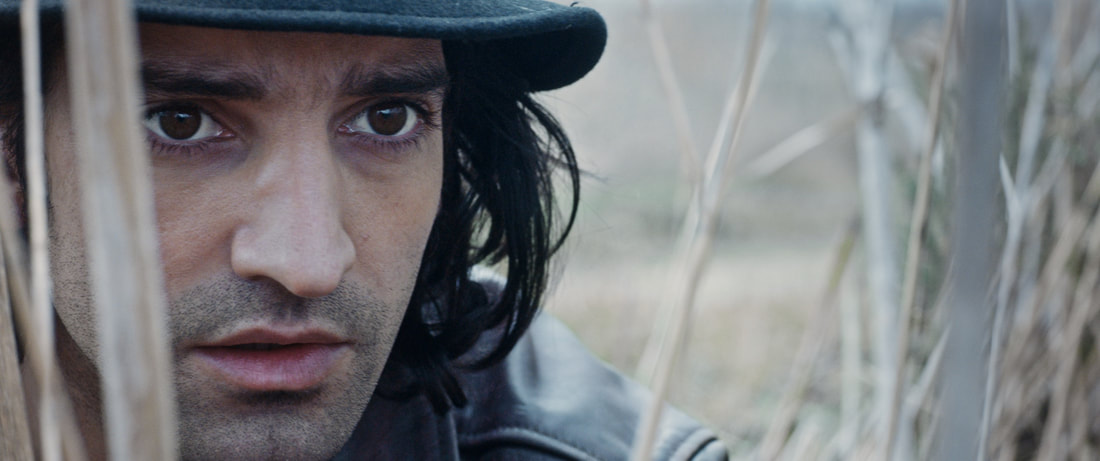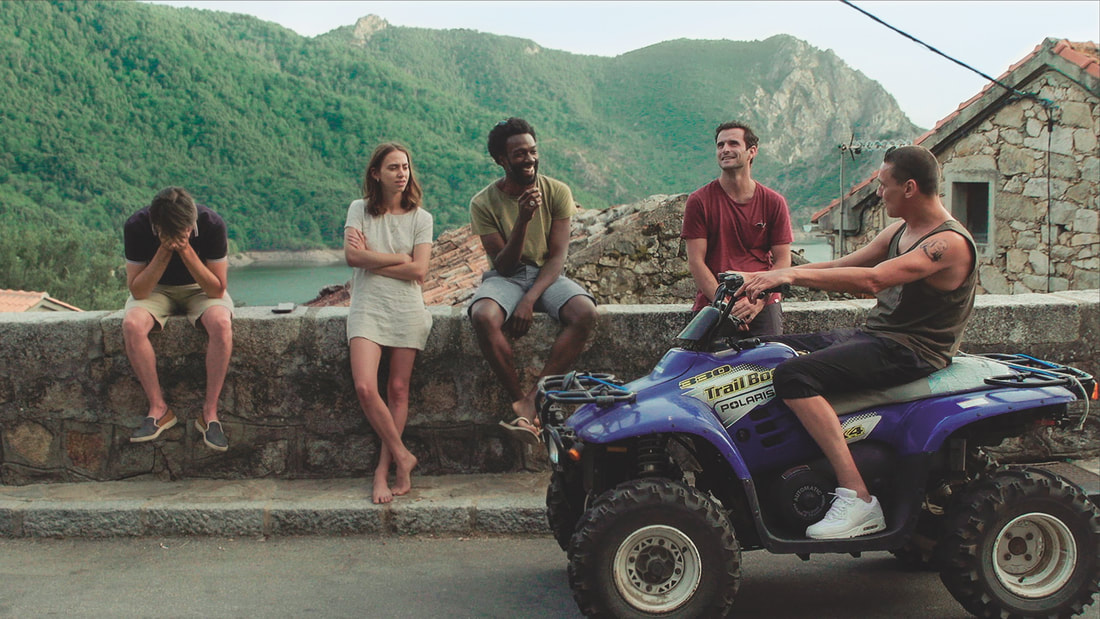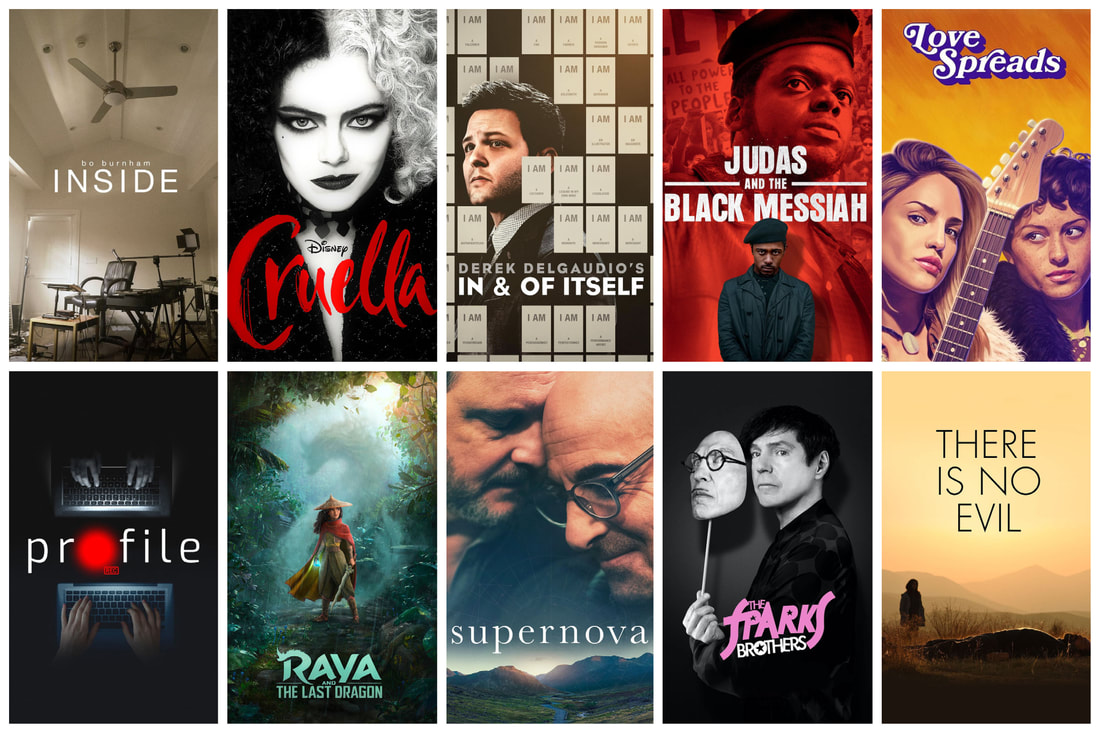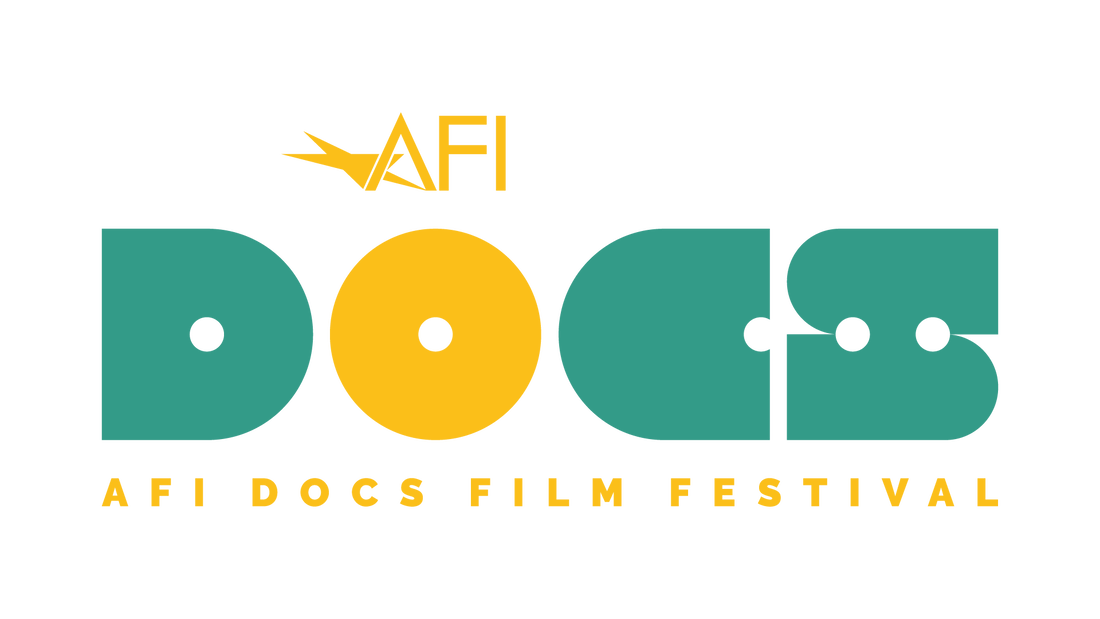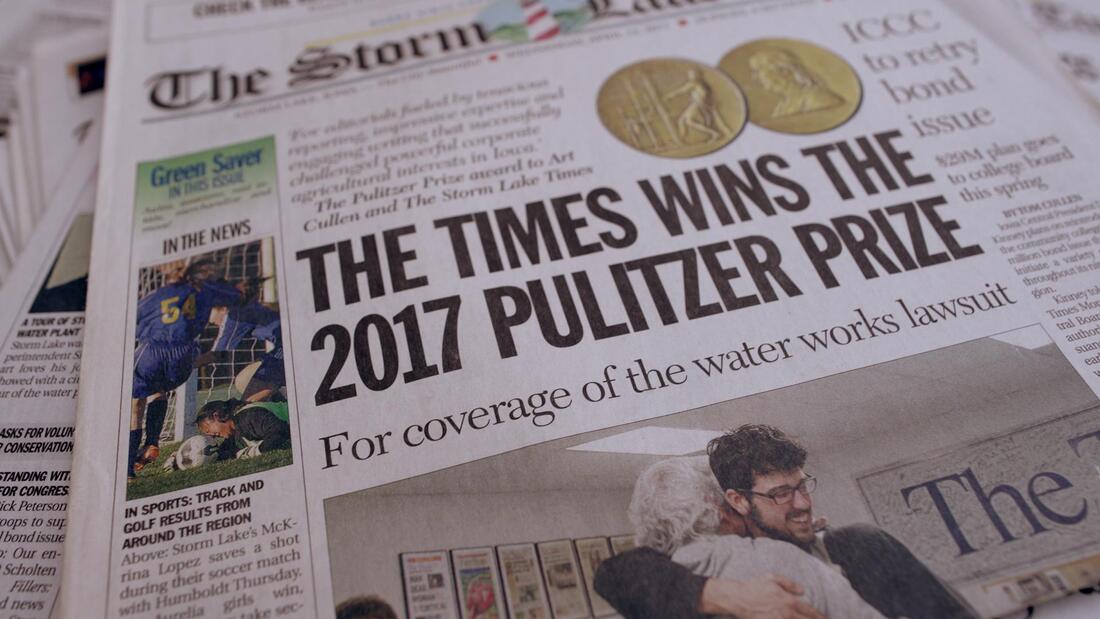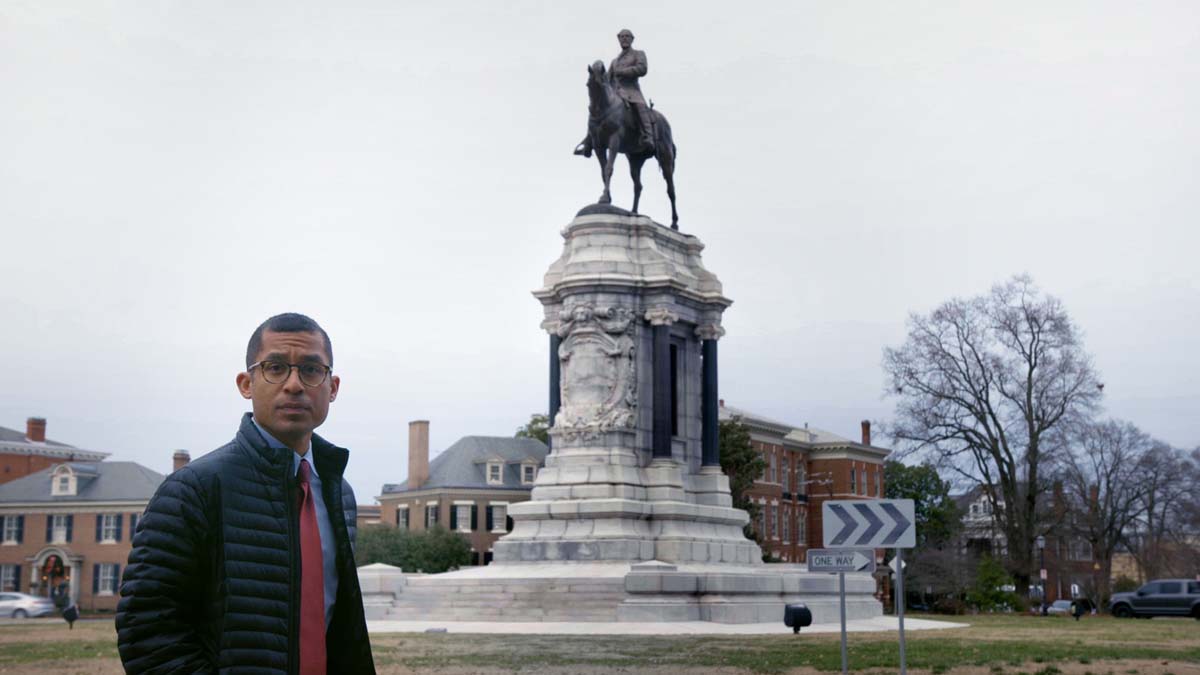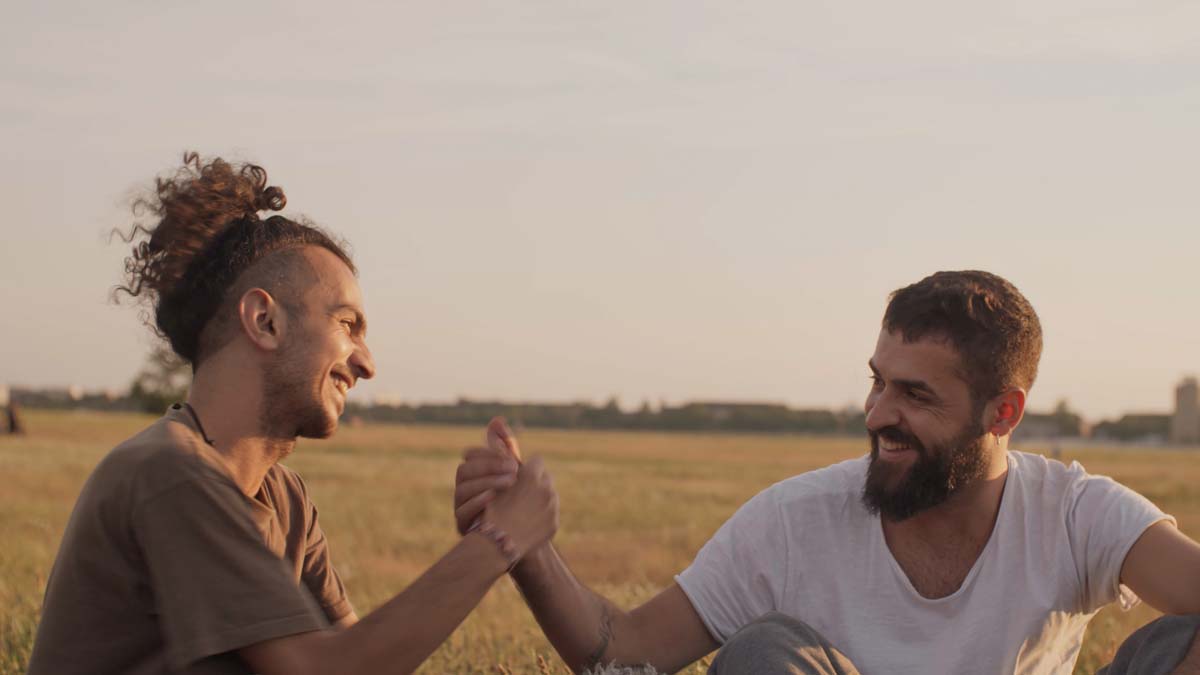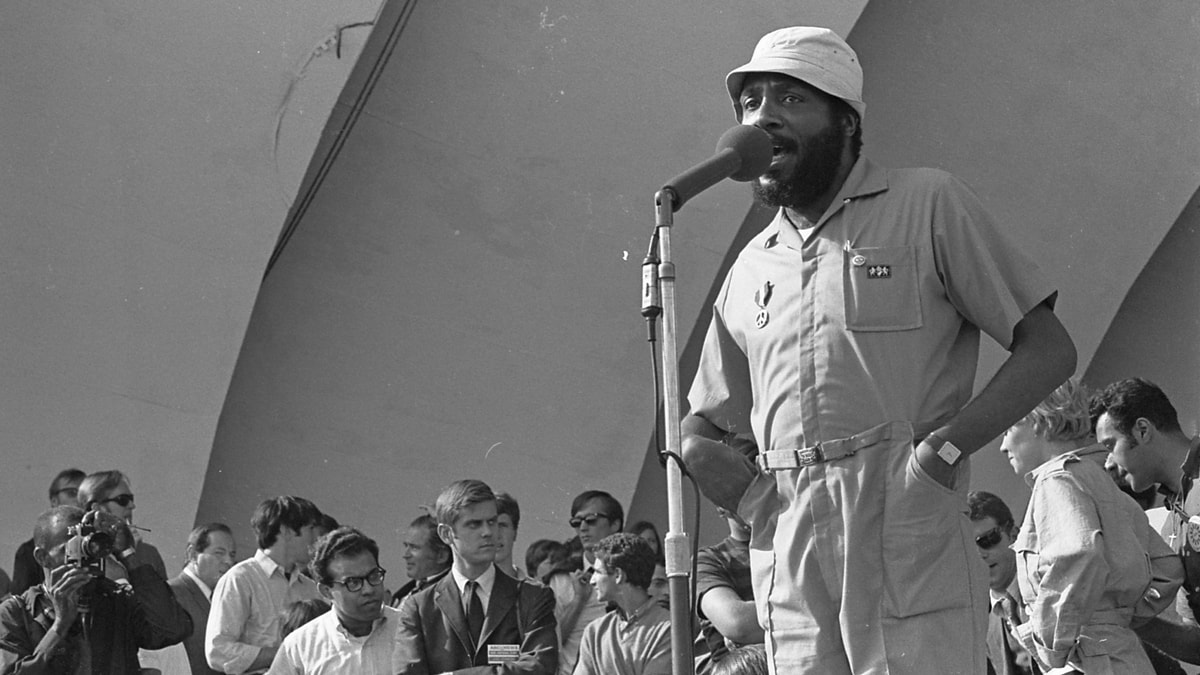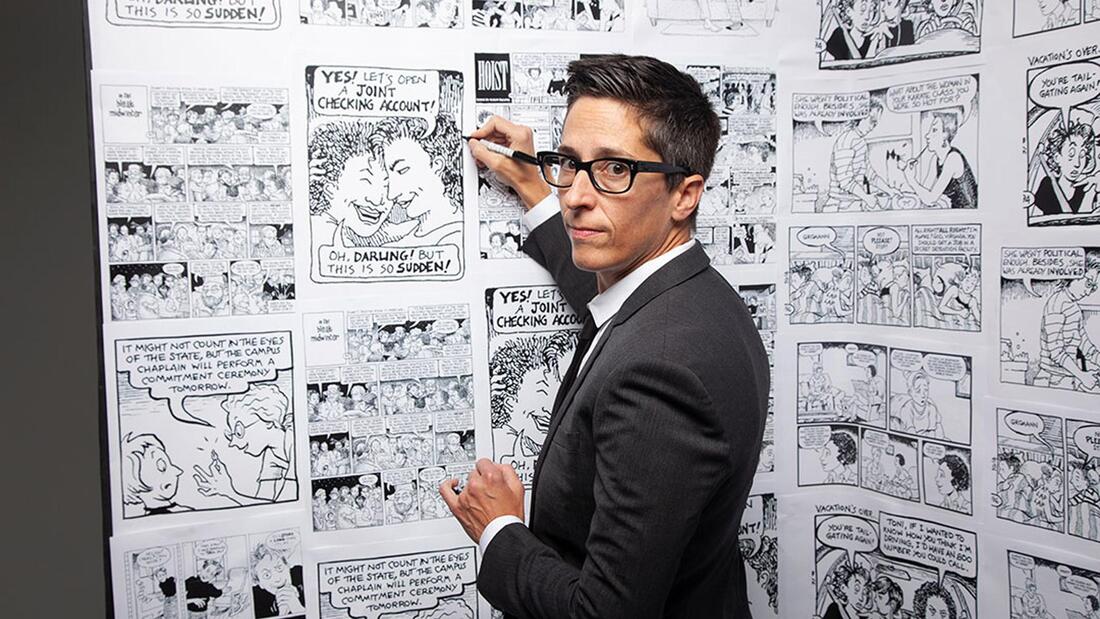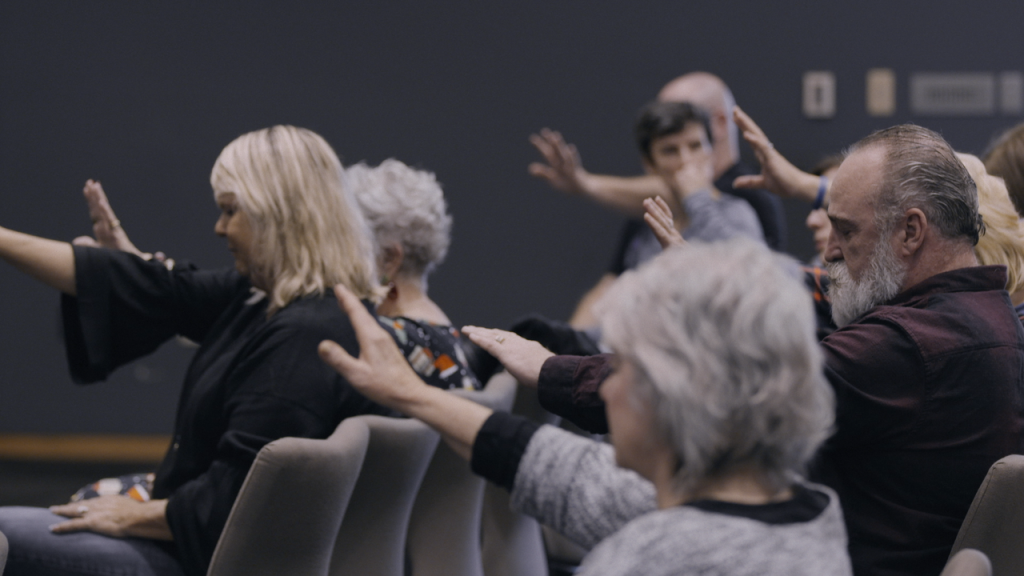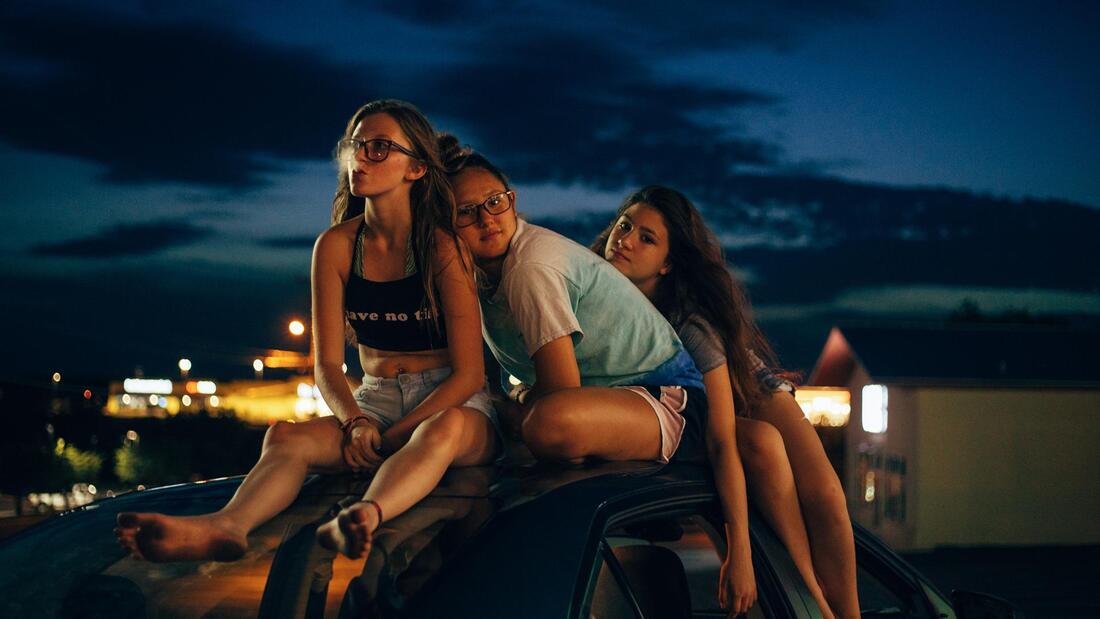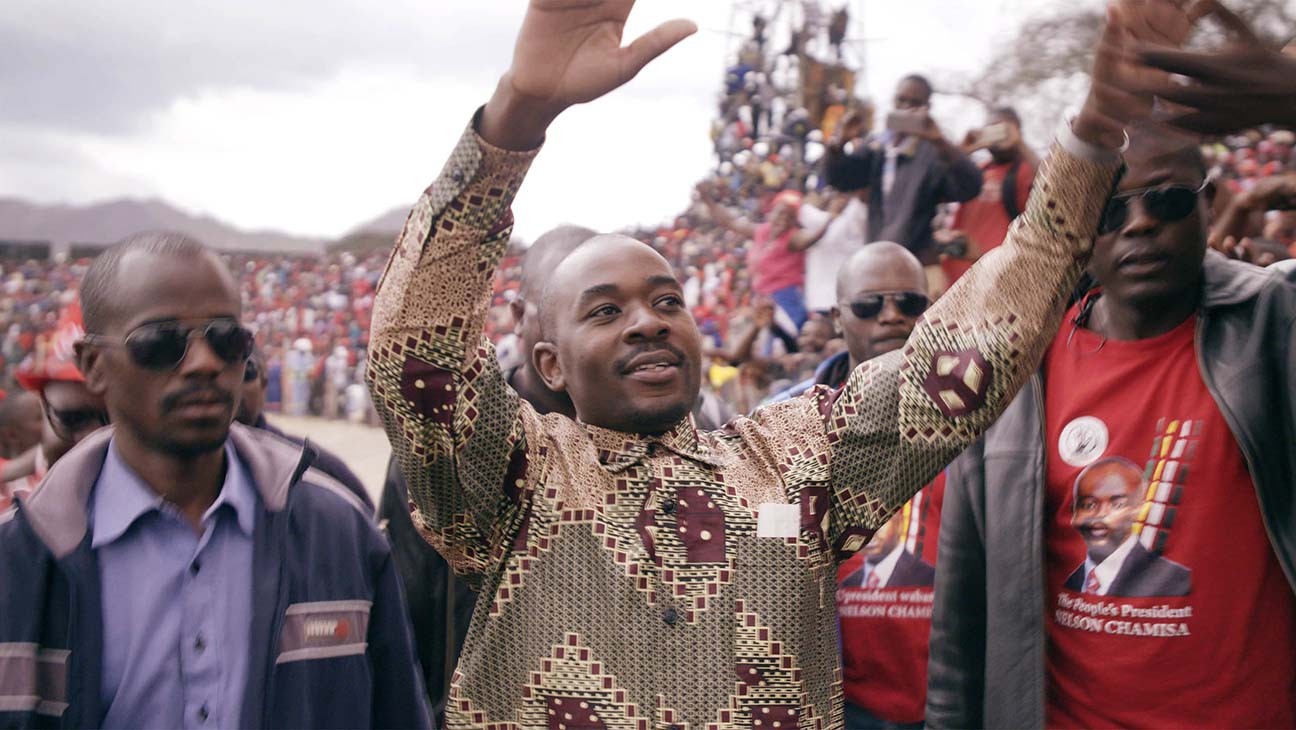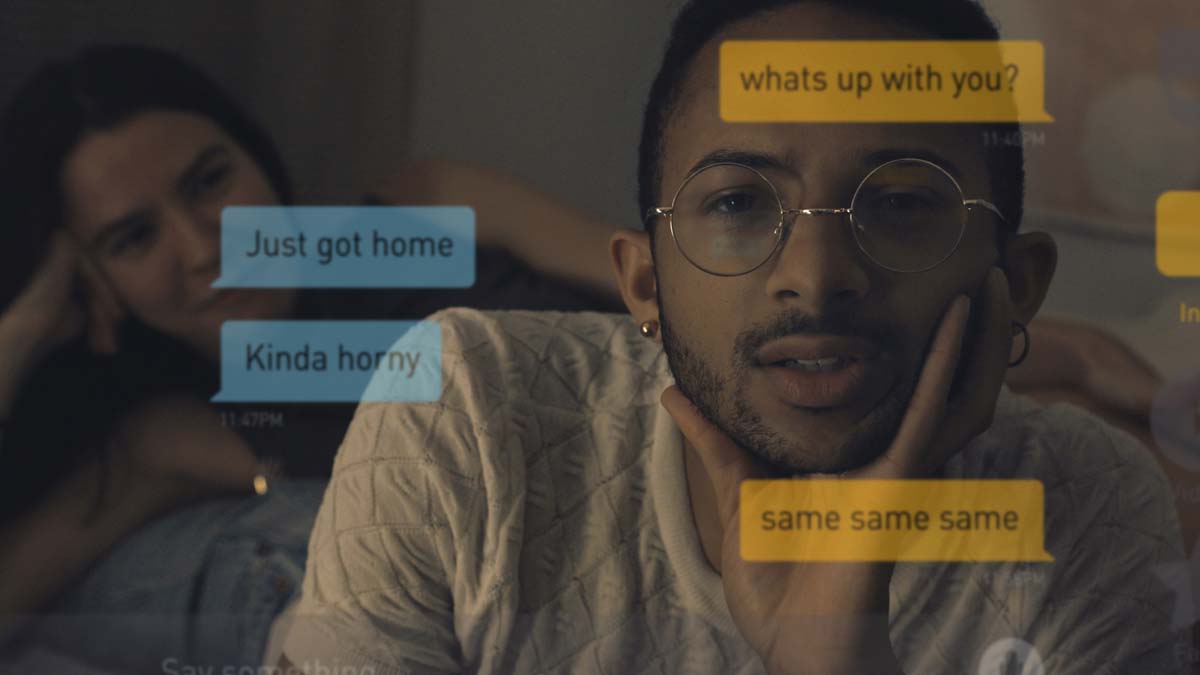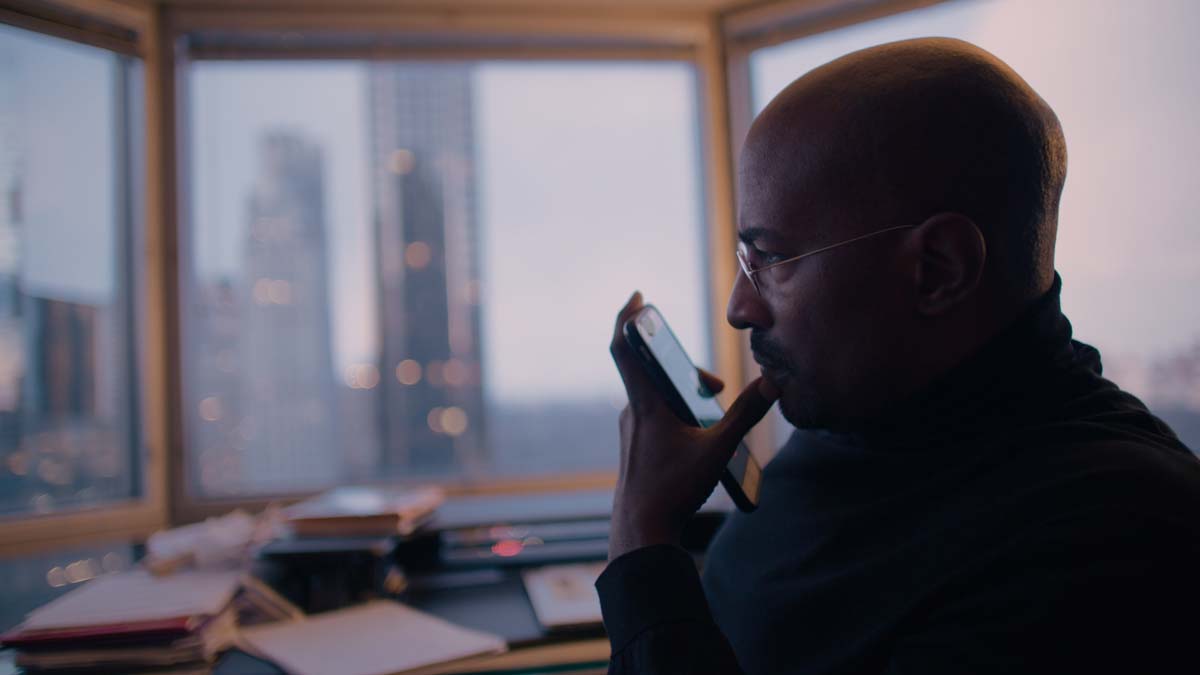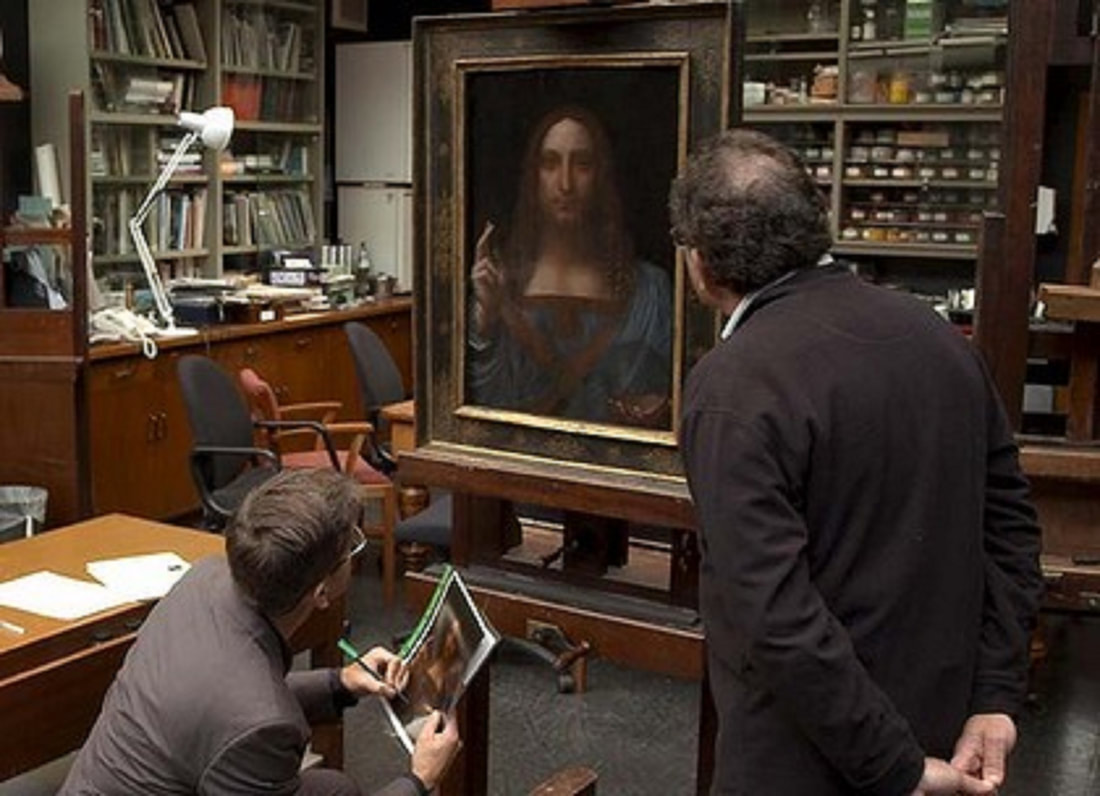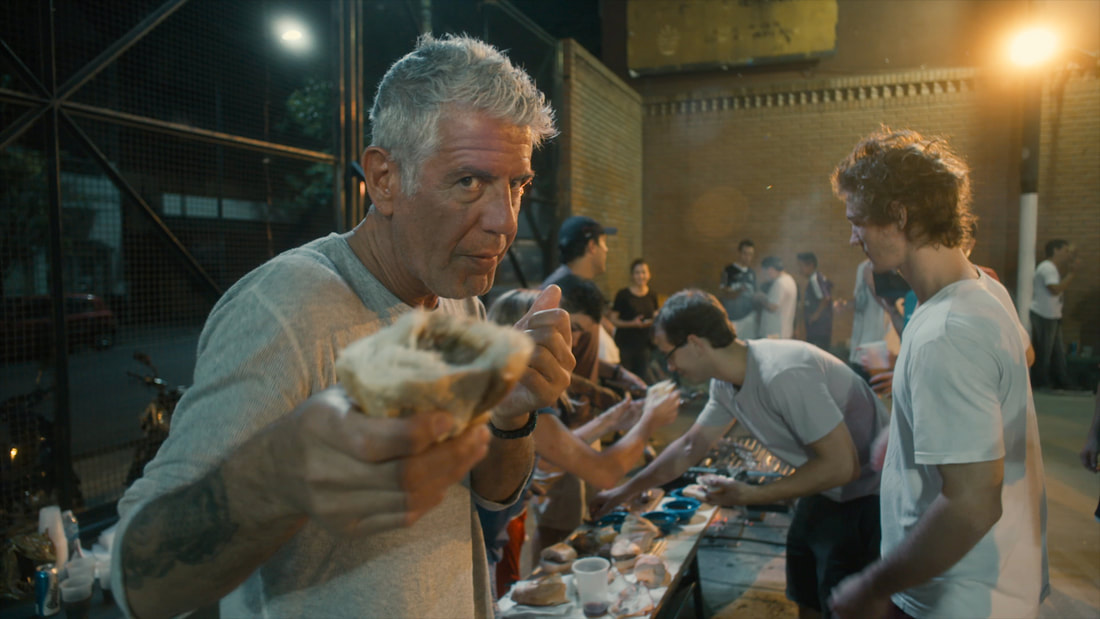|
Review by Sean Boelman
The Cannes Film Festival is back for its 74th edition after having to take a break for a year due to the COVID-19 pandemic. Filled with some highly anticipated premieres of both auteur-driven films and new discoveries, the lineup should have any cinephile excited for the state of film for the rest of the year. Unfortunately, we at disappointment media were unable to attend the festival in person, but we are providing remote coverage where possible. Here are some of our thoughts! We will be updating this article with more capsule reviews as we screen additional films.
Small Body
The Italian period piece Small Body starts out very interestingly and loses steam over the course of its hour and a half runtime. Laura Samani’s film, about a woman who sets out on a journey to save the soul of her stillborn child, is a visually stunning exploration of spirituality for much of its first act. However, after about thirty or so minutes, it settles into a much more conventional rhythm resembling a traditional road movie. It’s still good by all means, just not as great as the opening shows the potential to be.
Aya
Simon Coulibaly Gillard’s coming-of-age drama Aya certainly has some emotionally affecting moments, but it falls victim to convention a bit too often for its own good. Following a young woman who faces an identity crisis as her home is threatened, there is obviously a very important message here, although the pacing does detract from it a bit. The visuals are frequently gorgeous, and Gillard is clearly very talented, but from a narrative standpoint, it feels a bit too much like things we have already seen.
The Heroics
Sometimes, an inspirational crowd-pleasing drama is what is called for, and the Maxime Roy film The Heroics fits that bill wonderfully. It’s a pretty simple film about a former junkie who is trying to make himself into a better person for the sake of both himself and his kids. At times, it feels like it’s a bit too self-serious, but there are plenty of absolutely heart-wrenching moments sprinkled throughout. François Creton’s leading performance is brilliant as well, bringing a lot of emotion to the role.
Babi Yar. Context
In terms of documentaries composed solely of archive footage, Sergey Loznitsa’s Babi Yar. Context is pretty brilliant. It’s simple yet effective in what it hopes to depict, the tragic massacre of thousands of Jewish people in the Ukraine. It’s undoubtedly a difficult film to watch because of how brutal some of the footage it utilizes is. At two hours in length, it’s perhaps a bit longer than it needs to be, but it achieves the point it is trying to make quite effectively.
Returning to Reims (Fragments)
Based on Didier Eribon’s novel, Jean-Gabriel Périot’s documentary Returning to Reims (Fragments) offers a very compelling portrait of the French working class. However, despite some excellent archive footage and great narration from Adèle Haenel, this feels more like an essay and less like a film, for better or worse. It argues its point quite effectively, but it may not connect with viewers in a way that will allow its message to be entirely resonant. There are a lot of really good things going on here, but it won’t expand beyond the audience that is already interested in it.
A Radiant Girl
Sandrine Kimberlain’s coming-of-age drama A Radiant Girl joins the tradition of the great Holocaust comedies that have a sense of optimism to them which one wouldn’t expect from a film like this, even if it doesn’t live up to the same level. Rebecca Marder’s performance is absolutely exceptional, bringing a lot of personality to a character archetype that has been done many times before. Yet even though the film might struggle with a genre that is overstuffed, it sticks the landing in a way that won’t soon be forgotten.
Zero Fucks Given
Almost entirely dependent on the success of the lead performance from Adèle Exarchopoulos, Julie Lecoustre and Emmanuel Marre’s dramedy Zero Fucks Given doesn’t live up to the enormous amount of potential it has. The first half of the film, following the protagonist as her world falls down around her, is really compelling, but the second half struggles to keep up the strong momentum. There are a lot of really good things going on in the film, but it’s a bit too meandering for its own good.
Little Palestine (Diary of a Siege)
The ACID-selected documentary Little Palestine (Diary of a Siege) makes an expectedly compelling and emotional watch. A verité look at the residents of a Palestinian refugee camp in Syria, the narrative through-line in the film isn’t the strongest, but the footage that director Abdallah Al-Khatib utilizes to depict this political crisis is absolutely astounding. The film inspires in how it showcases the members of this community creating art and enjoying life despite all the turmoil that surrounds them, but it also calls attention to the important issues at hand.
Tom Medina
One of the selections from the cancelled 2020 edition that were invited back to screen at the 2021 festival, Tony Gatlin’s film Tom Medina is gorgeous, but it features a very wandering narrative. There is a point to all of the antics that the eponymous protagonist gets into, but it’s really conventional in a way that isn’t entirely satisfying. The highlight here is the performance from David Murgia, who gives a turn that is far better than everything that surrounds it.
A Corsican Summer
Pascal Tagnati’s film A Corsican Summer screened in the ACID sidebar to the Cannes Film Festival, a parallel section devoted to finding distribution for independent films from across the world, and it is definitely a very independent production. This very specific slice-of-life film about a group of people going about their routines one summer is completely stagnant in a narrative sense. The visuals are frequently gorgeous, and there are definitely some compelling vignettes, but they don’t amount to a compelling enough film to justify a two-hour-plus runtime.
The 2021 Cannes Film Festival runs from July 7-17.
0 Comments
By Sean Boelman
The first half of 2021 has seen a return to (somewhat) normal moviegoing, as we have already had two $100 million+ blockbusters in theaters (Godzilla vs. Kong and A Quiet Place Part II) with a third well on its way (F9) and plenty of indie darlings debuting on the festival circuit, both online and in-person. Now that six months of the year are over, it is time to reflect back upon some of the best films we have seen in that time. Here are our top 10 films of 2020 so far, in alphabetical order:
Bo Burnham: Inside
Bo Burnham’s comedy special Inside is perhaps the best portrait of what it felt like to live during the COVID-19 pandemic. Hilarious, insightful, and poignant, the special features all of the brilliant comedy that one would expect and some catchy songs too. Everyone will have their own favorite part, but some clear highlights include “How the World Works” and “Welcome to the Internet”. It’s perhaps the most purely entertaining eighty-seven minutes of content released this year so far, and it will be hard to find anything funnier in the next six months.
Cruella
Unlike most of Disney’s live-action reimaginings of their classic animated properties, Cruella feels less like a cash-grab and more like a legitimate attempt to tell a story. Director Craig Gillespie (I, Tonya) was able to make a film that is stylish and fun, featuring the best costumes and soundtrack of the year so far. Of course, the performances are also exceptional, with Emma Stone and Emma Thompson having a competition to see who is better, and the audience being the only winner.
Derek DelGaudio's In & Of Itself
Directed by Frank Oz, Derek DelGaudio’s In & Of Itself is a performance film capturing the mind-blowing stage show by magician DelGaudio. And while this magic show, which is very heavily rooted in audience participation, may not sound on paper like it would make for a great film, the power of the performance is absolutely undeniable. It’s an experience that is best left unspoiled, but there are plenty of absolutely awe-inspiring moments that will have audiences glued to the screen even though they are watching this from the comfort of their own home.
Judas and the Black Messiah
One of the films to take advantage of the extended Oscar eligibility window, Judas and the Black Messiah was honored in the most recent Academy Awards ceremony but is still a 2021 film nonetheless. And no halfway list would be complete without mentioning this emotionally-charged and unorthodox biopic following Black Panther chairman Fred Hampton. Daniel Kaluuya’s award-winning performance as Hampton is obviously the highlight, but it’s an all-around exceptional film that people will hopefully be talking about for years to come.
Love Spreads
Jamie Adams’s comedy Love Spreads is ultimately just a hangout movie about a group of musicians trying to make an album, but it’s exceptional at what it does and offers some surprisingly insightful commentary. Alia Shawkat and Eiza González are great in the film as the two creative forces in the band, giving performances that are uncharacteristically low-key for both of them. The thing that impresses most about Adams’s film, though, is how lived-in it feels, something which so many films in this genre struggle and fail to pull off.
Profile
Timur Bekmambetov’s Screenlife format of filmmaking has resulted in some really bad and gimmicky films, but his terrorism thriller Profile is not one of them. Having debuted on the festival circuit three years ago but not receiving a release until now, the film definitely isn’t as timely as it would have been had it been released when it was made, but that doesn’t keep it from being an entertaining and anxiety-inducing thriller.
Raya and the Last Dragon
The output of Walt Disney Animation Studios has been very inconsistent in recent years, but Raya and the Last Dragon is absolutely exceptional. It’s an energetic and emotional adventure with some really strong action and plenty of laughs for both kids and adults. The voice cast — including Kelly Marie Tran, Awkwafina, Daniel Dae Kim, Benedict Wong, and more — is great, but the true standout of the film is the gorgeous animation which builds this intricate world of Kumandra so wonderfully.
The Sparks Brothers
Somehow cult-favorite filmmaker Edgar Wright’s first foray into nonfiction filmmaking, The Sparks Brothers is undoubtedly one of the most fun and energetic music documentaries in recent memory. Telling the story of the groundbreaking and underappreciated duo Sparks (who will definitely receive their due when their musical Annette is released in August), Wright’s documentary has great interviews, wonderful archive footage, and of course, plenty of great music, and what else could someone want from a documentary like this?
Supernova
Harry Macqueen’s gay love story Supernova is a brilliant film that got the short end of the stick in awards season because of the level of competition. However, this film features career-best performances from Colin Firth and Stanley Tucci that deserve plenty of recognition, especially the latter. The other thing that allows this film to stand out is that it is an LGBTQ film that isn’t about homophobia or being gay. It’s nice to see love between two men treated as love between two men, not as an obstacle.
There Is No Evil
The Iranian film There Is No Evil is hard to watch, but fittingly so, as it deals with the very difficult theme of capital punishment in Iran. The first two out of four segments of this anthology are riveting, containing some of the most harrowing moments of the film, and the latter two serve to reinforce the point. The fact that this film exists is extraordinary, and cinemagoers should take advantage of that to inform themselves on this issue.
This list only included films that received a regular release between January and June of 2021. Films such as Cryptozoo (releasing in August), We Need to Do Something (releasing in September), A Cop Movie, and Mass (both releasing later this year) might pop up on our end-of-year list.
By Sean Boelman
AFI DOCS was one of the first film festivals to go entirely virtual during the COVID-19 pandemic, and this year’s edition features a virtual program with an in-person component in Washington, D.C. happening simultaneously. With a lineup including multiple exciting high-profile premieres and some screenings of intriguing films from unique voices, this is a festival not to miss for lovers of non-fiction cinema.
At disappointment media, we are proud to be covering the 2021 edition of AFI DOCS. As films screen at the festival, we will be updating this article with capsule reviews of select titles. Be sure to check out this page for the length of the festival to see our thoughts on what we’re watching! Storm Lake
There was a time in which print journalism was one of the most important institutions in the country, and now there are documentaries about how print is dying. Perhaps the most depressing documentary of the festival, even if it isn’t as hard-hitting as some of the others, Storm Lake documents how a community can fall into total disarray as it loses the newspaper that is the glue that holds it together. Yet like the subjects of the film, Beth Levison and Jerry Risus maintain a sense of optimism that this small town paper will succeed in its fight to survive, and the result is generally moving.
The Neutral Ground
CJ Hunt’s documentary The Neutral Ground is ultimately about a lot of things. In exploring New Orleans history, white supremacy, and Confederate monuments, Hunt presents a deeper commentary on Black identity than a lot of documentaries have been able to achieve. Often harrowing and sometimes funny, Hunt gets right into the front lines, interviewing activists from both sides in an attempt to bridge the gap between them and debunk the myth of a neutral ground that exists between them. It’s a really compelling and informative documentary that challenges what we think we know about our past.
The Story Won't Die
David Henry Gerson’s The Story Won’t Die is a film that should be applauded for its attempt at handling a difficult issue in a way that is sensitive and unique, even if its ambitious goals never really pay off. Following a group of musicians who create music despite brutal and oppressive conditions in Syria, this had the potential to be a harsh commentary on the reality of one of the world’s most war-torn countries, but is disappointingly slight. As a whole, the film is somewhat… uplifting? And that feels like the wrong approach when dealing with a story that involves war crimes.
The One and Only Dick Gregory
Viewers may be familiar with the name of Dick Gregory for one of a few reasons: as a comedian, as an activist, or as an entrepreneur. Andre Gaines’s documentary The One and Only Dick Gregory does an exceptional job of capturing the talents and impacts of this multihyphenate, serving both as a wonderful tribute and a reminder of why his work is so necessary. Interviews with numerous well-known comedians from today attest to the impact that Gregory had on the comedy world, and while it doesn’t feature enough in the way of hearing from Gregory himself, it’s still a funny and touching documentary.
No Straight Lines: The Rise of Queer Comics
No Straight Lines: The Rise of Queer Comics is definitely very conventional in terms of how it is presented, but this deep dive into the history of LGBTQ+ artists is so fascinating that it makes for an interesting documentary nevertheless. Some viewers may be familiar with the stories of some of the more well-known people profiled in the film, such as Allison Bechdel, but the portions of the film that tell the story of the more underground artists in the movement are much more effective.
Pray Away
Executive produced by Ryan Murphy and Jason Blum, the documentary Pray Away is absolutely one of the most heartbreaking films to come out in quite a while. Following some of the former leaders of the “Pray Away the Gay” movement, it’s hard to watch the level of self-loathing that is demonstrated in the film. However, the horrors that are being discussed are very much real and need to be talked about so that society doesn’t make the mistake of repeating history. The fact that this is director Kristine Stolakis’s feature debut is absolutely astounding.
Cusp
Isabel Bethencourt and Parker Hill’s documentary Cusp is a very uncomfortable film to watch because of some of the content and issues which it addresses, but the way in which the filmmakers were able to put their finger on the pulse of today’s youth is extremely impressive. Following a group of teenage girls over the course of a Texas summer, this is very reminiscent of the classics of the fly-on-the-wall documentary genre, with a presentation that is typical but a level of empathy that is anything but. It’s a film that finds power in the seemingly mundane moments.
President
The Presidential election in Zimbabwe might not sound like the most compelling story for a documentary, but filmmaker Camilla Neilsson’s film President is surprisingly fascinating. Although this is about an African country, this exploration of a democracy in decline is shocking and riveting. Much of the first half of the film plays out like a race-against-the-clock thriller as the subject struggles to fight back against the corrupt status quo of the Zimbabwean government, and while the second half is much more conventional as a political documentary, it’s still quite interesting.
Searchers
Pacho Velez’s documentary Searchers is definitely very messy, but there is a unique charm to it. Featuring a set of New Yorkers who reflect on their experiences of online dating, this is a topic that is going to be quite relatable to many and is presented in a way that is unorthodox and fascinating. The first half of the film quite literally just observes the subjects as they scroll through potential matches on various dating platforms, and it’s quite entertaining. The remainder of the film is less abstract, and perhaps less effective, but still surprisingly insightful.
The First Step
Following CNN political contributor Van Jones, the documentary The First Step is just as well-intentioned as its subject, but similarly, it is also likely to receive a good deal of controversy. In an era of so much division, the idea of centrism might sound nice on paper, but it’s very difficult to recommend that as a genuine solution. Ultimately, as a whole, the documentary feels like Jones complaining about getting so much heat from both sides, acknowledging but not really accepting why he earned that heat in a very whiny way.
Try Harder!
Debbie Lum’s documentary Try Harder! should absolutely be required viewing for anyone who is in the process of applying for colleges. As someone who is less detached from this process than a majority of critics, this portrait of a group of high school students striving to get admission into their dream colleges would have proven an invaluable resource when going through the same thing. It would have been nice to see Lum go into more depth with the students on a personal level beyond their academic ambitions, but the film is successful in communicating how these students’ broken mindset continues to present them with challenges.
The Lost Leonardo
A documentary about one of the most mysterious paintings in the world sounds like it should be very entertaining on paper, but in execution, filmmaker Andreas Koefoed overestimates the amount that the average viewer cares about the art scene. The Lost Leonardo wastes an absolutely insane story and a solid sense of style with talking-head interviews that will easily lose the viewer’s interest. It may be a bit of a stereotype, but the experts who are telling the story are either overzealous and obnoxious or monotonous and boring to listen to, and as a result, this “real-life art thriller” can feel like watching paint dry at times.
Roadrunner: A Film About Anthony Bourdain
Filmmaker Morgan Neville’s last documentary, Won’t You Be My Neighbor?, tapped into the audience’s nostalgia to deliver a moving and heartbreaking portrait of its subject. With his newest film, Neville again sets out to document the life of a beloved television personality, this time the late celebrity chef Anthony Bourdain. However, those who expect this to be another sweet crowd-pleaser will be caught off-guard by the surprisingly dark tone this film takes. Much like Bourdain himself, the film is interested in exploring the unknown in a way that is unexpectedly insightful and poignant. It’s an extraordinary tribute to an extraordinary man, and it works brilliantly.
Naomi Osaka
A three-part docuseries from director Garrett Bradley (last year’s Oscar-nominated documentary Time), Naomi Osaka tells the story of the eponymous world-class championship tennis player. However, those who are familiar with Bradley’s work will know that this isn’t an average sports biography, as Bradley’s approach is exceptionally tender and nuanced. It’s really unexpected to see a portrait of an athlete be so humanistic and empathetic, which will allow it to connect with audiences more than many films like it. Only the first episode screened for festival-goers, but if it is representative of the quality of the series as a whole, this will be an absolute must-see when it drops on Netflix next month.
The 2021 AFI DOCS festival runs from June 22-27, 2021.
|
The Snake HoleRetrospectives, opinion pieces, awards commentary, personal essays, and any other type of article that isn't a traditional review or interview. Archives
April 2024
Categories
All
|
|
|
disappointment media
Dedicated to unique and diverse perspectives on cinema! |

